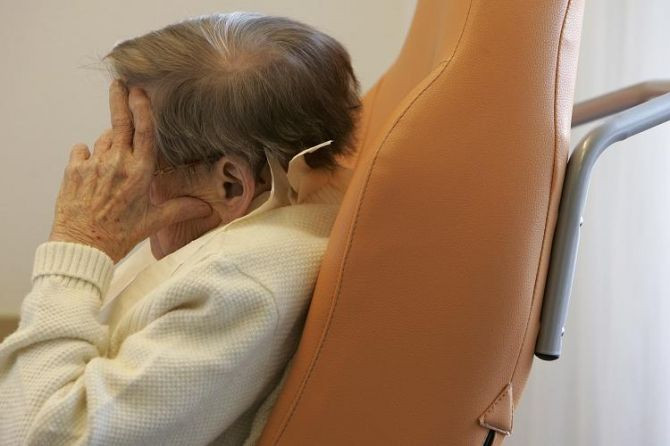Germany Accused of "Inhumane Deportation" of Its Sick and Elderly to Save Money

With the rising price of long-term care costs, a growing number of sick, elderly Germans are being "deported" to cheaper care homes in Eastern Europe and Asia.
According to The Guardian, an increasing number of Germans are saving money by shipping their old relatives off to foreign retirement homes in what has been described as an "inhumane deportation" by social welfare organizations.
A handful of private healthcare providers are even building care homes abroad, and government insurers are also looking to see whether they can care for their clients overseas.
A German socio-political advisory group, Sozialverband Deutschland (VdK), said that the fact that so many Germans can't afford retirement homes in their own country was a huge "alarm signal".
"We simply cannot let those people, who built Germany up to be what it is, be deported," VdK's president Ulrike Mascher told The Guardian. "It is inhumane."
Most of the elderly being sent from their homeland are headed to Eastern Europe. Researchers say that in 2011 approximately 7,146 were in Hungary, 3,000 in the Czech Republic and more than 600 in Slovakia. Others are also being sent to Spain, Greece and the Ukraine and even to countries in other continents like Thailand and the Philippines.
Some of the elderly who've moved to foreign retirement homes told researchers that they had to move because they had no other choice and, abroad, the costs were lower and the standards of care higher. However, others admitted that they moved reluctantly.
Care in foreign countries can cost as little as a third of the price in Germany, and many view the quality of care as superior.
However, social welfare activists are outraged and have called the shipping the elderly off to foreign retirement homes "inhumane deportation".
Sabine Jansen, head of Germany's Alzheimer Society, told The Guardian that she is especially concerned about dementia sufferers being exported on the belief that they won't be able to tell the difference.
Jansen said that it is very important that dementia patients have a familiar cultural environment, particularly to those who are looking to hold on to their identity.
"In particular, people with dementia can find it difficult to orientate themselves in a wholly other culture with a completely different language, because they're very much living in an old world consisting of their earlier memories," she said.



























